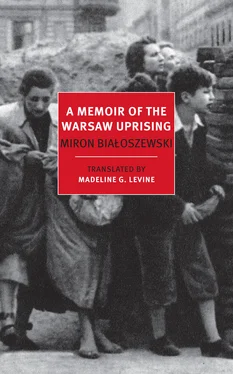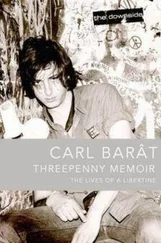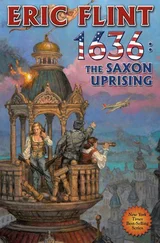18 “What happened in Wola” was the massacre by German forces of some forty to fifty thousand civilians and partisans in the Wola district during the early days of the uprising.
19 A writer and communist activist, Wanda Wasilewska (1905–1964) spent the war years in the Soviet Union as a propagandist broadcasting to Poland and assisting in the organization of a Polish division within the Red Army. She chose to remain in the USSR after the war.
20 Bolesław Woytowicz (1899–1980), a composer and pianist, ran the Salon of Art, a Warsaw café where during the war he organized classical music concerts as a way of supporting younger musicians. Performances of Chopin’s music carried a message of national pride.
21 Wojciech Bąk (1907–1961) was a minor lyric poet, primarily of religious verse.
22 Stanisław Mikołajczyk (1901–1966) was the prime minister of the Polish government-in-exile from July 1943 until his resignation in November 1944. After the war, as the leader of the Polish People’s Party (PSL), an agrarian-based, anticommunist party, he joined the first unity government as the deputy prime minister and minister of agriculture, resigning in 1947 and fleeing to the West after faked elections that spelled the end of the PSL and the beginning of the brutal imposition of Stalinist control in the country.
23 “With smoke from the fires” are the opening words of “Chorale,” a patriotic hymn and summons to battle against Poland’s oppressors written by Kornel Ujejski (1823–1897) in the aftermath of the failed insurrection of 1846. It became an unofficial national anthem in the divided Polish lands until reunification. It begins, “With smoke from the fires, with the dust of our brothers’ blood / We raise our voice to Thee, Lord.”
24 The Bar Confederation (1768–1772) was an armed association of Polish magnates in southeastern Poland and Ukraine, formed to defend against Russian influence and Stanisław II August’s attempts to limit the power of the magnates. The result of this insurrection was civil war, Russian intervention, a bloody peasant uprising, and eventually the first partition of Poland.
25 In the Battle of Głogów (August 24, 1109), the armies of the Holy Roman Empire under the leadership of King Henry V of Germany were defeated by the armies of Duke Bolesław II Krzywousty of the Kingdom of Poland — a much-celebrated victory of Polish arms.
26 The Generalgouvernement, established in accordance with a decree by Hitler in October 1939, was the area of occupied Poland that was not directly incorporated into the Reich but was ruled as a separate administrative district.
27 Miracle in Milan is Vittorio De Sica’s 1951 film about a miracle of prosperity coming to the inhabitants of a shantytown in war-ravished Italy.
28 In the narrative poem Konrad Wallenrod by Adam Mickiewicz (1798–1855), the historical figure Konrad von Wallenrode (c. 1330–1393), the twenty-fourth grand master of the Teutonic Knights, is portrayed as a Lithuanian patriot who disguised his loyalty to Lithuania in order to rise to the position of power that enabled him to lead the knights into a disastrous defeat.
29 Wiech, the pseudonym of Stefan Wieniecki (1896–1979), called the “Homer of the Warsaw streets,” was known for his feuilletons and humorous sketches of Warsaw life. Henryk Wieniawski (1835–1880) was a violinist and composer; his dazzling Concerto No. 2 in D minor is known as one of the great Romantic violin concertos.
To view high-resolution versions of Maps 1 and 2, please visit New York Review Books online.


*http://bit.ly/WarsawMap1
**http://bit.ly/WarsawMap2














